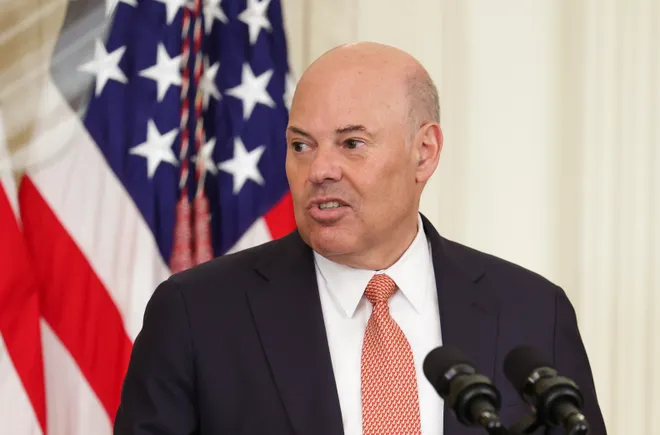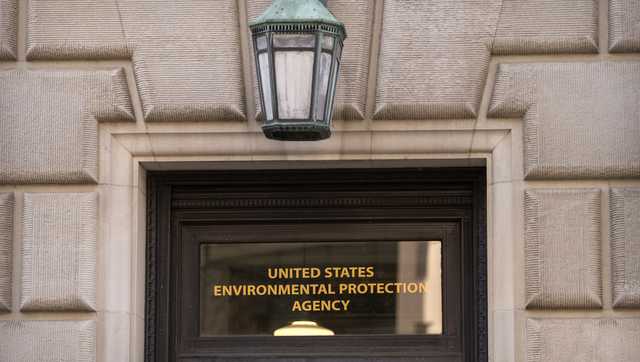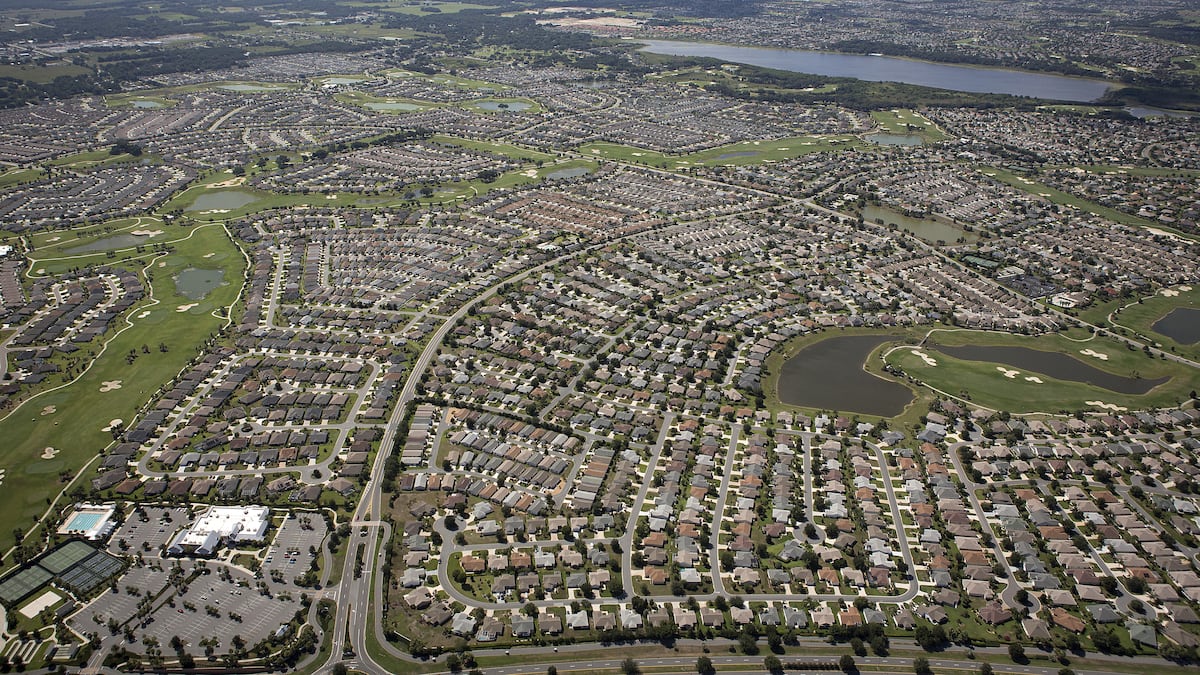Health Hazard or High-Tech Hope? Musk's xAI Sparks Memphis Controversy
Environment
2025-04-23 10:31:06Content

In the rapidly evolving landscape of technological innovation, community voices must not be silenced. When groundbreaking companies like xAI, led by the controversial Elon Musk, seek to establish operations in cities like Memphis, local residents deserve more than just a passive role. They need a seat at the table, a chance to shape the narrative and protect their interests.
No corporation, regardless of its technological prowess or billionaire leadership, should be granted an unrestricted pass to operate without meaningful community engagement and robust safeguards. Memphis residents have a right to understand how new business ventures will impact their neighborhoods, local economy, and quality of life.
Transparency, accountability, and genuine dialogue are not optional extras—they are fundamental requirements for responsible corporate expansion. As technology continues to reshape our world, we must ensure that progress serves the community, not just the interests of powerful corporations.
Memphis at the Crossroads: Navigating the Ethical Landscape of Tech Expansion
In an era of rapid technological transformation, cities like Memphis find themselves at a critical juncture where innovation intersects with community interests. The potential arrival of cutting-edge technological enterprises demands a nuanced approach that balances economic opportunity with local stakeholder protection and sustainable development.Empowering Communities in the Age of Technological Disruption
The Delicate Balance of Corporate Engagement
Memphis stands as a microcosm of broader technological expansion challenges facing mid-sized American cities. When high-profile technological entities like xAI consider establishing operations, the implications extend far beyond mere economic metrics. Local governance must implement robust frameworks that prioritize transparent dialogue, comprehensive community impact assessments, and meaningful participatory mechanisms. The traditional model of corporate relocation—characterized by closed-door negotiations and minimal public input—has become increasingly obsolete. Modern urban development requires a collaborative approach that integrates diverse community perspectives, ensuring technological investments align with local aspirations and socioeconomic realities.Safeguarding Community Interests in Technological Ventures
Comprehensive due diligence becomes paramount when evaluating potential technological investments. Memphis must develop sophisticated evaluation protocols that examine not just financial projections, but also potential workforce implications, environmental considerations, and long-term societal impacts. Rigorous community engagement strategies should include multi-stakeholder forums, transparent impact assessments, and legally binding community benefit agreements. These mechanisms ensure that technological enterprises like xAI cannot simply parachute into the urban landscape without meaningful accountability and local consultation.Regulatory Frameworks for Responsible Tech Integration
Developing adaptive regulatory frameworks represents a critical challenge for municipal leadership. These frameworks must be sufficiently flexible to accommodate technological innovation while maintaining stringent protections for local communities. Key considerations should include workforce development provisions, environmental sustainability requirements, data privacy protections, and mechanisms for ongoing community feedback. By establishing clear expectations and accountability measures, cities can transform potential technological disruptions into opportunities for inclusive growth.Economic Development with Human-Centric Principles
Technological expansion should never be viewed as a zero-sum game where corporate interests automatically supersede community needs. Memphis has an opportunity to pioneer a model of economic development that harmonizes technological innovation with human-centric principles. This approach requires sophisticated negotiation strategies, interdisciplinary collaboration, and a commitment to creating mutually beneficial partnerships between technological enterprises and local stakeholders. Successful integration demands more than financial incentives—it necessitates genuine respect for community agency and long-term societal well-being.Transparency as a Fundamental Governance Principle
Municipal leadership must champion transparency as a non-negotiable standard in technological enterprise negotiations. Every stage of potential corporate engagement—from initial discussions to final implementation—should involve comprehensive public disclosure and meaningful consultation mechanisms. By establishing clear communication channels and creating platforms for genuine dialogue, cities can transform potential confrontational dynamics into collaborative opportunities for shared progress. This approach not only mitigates potential conflicts but also builds trust between technological innovators and local communities.RELATED NEWS
Environment

Endangered Whales at Risk: Trump Administration Strips Away Crucial Marine Protections
2025-02-25 18:57:38
Environment

Workplace Toxicity: Single Incidents Can Spark Hostile Environment Claims, Court Rules
2025-04-28 12:16:00
Environment

Toxic Tide: England's Water Crisis Reaches Alarming Peak in a Decade
2025-04-16 03:24:16





